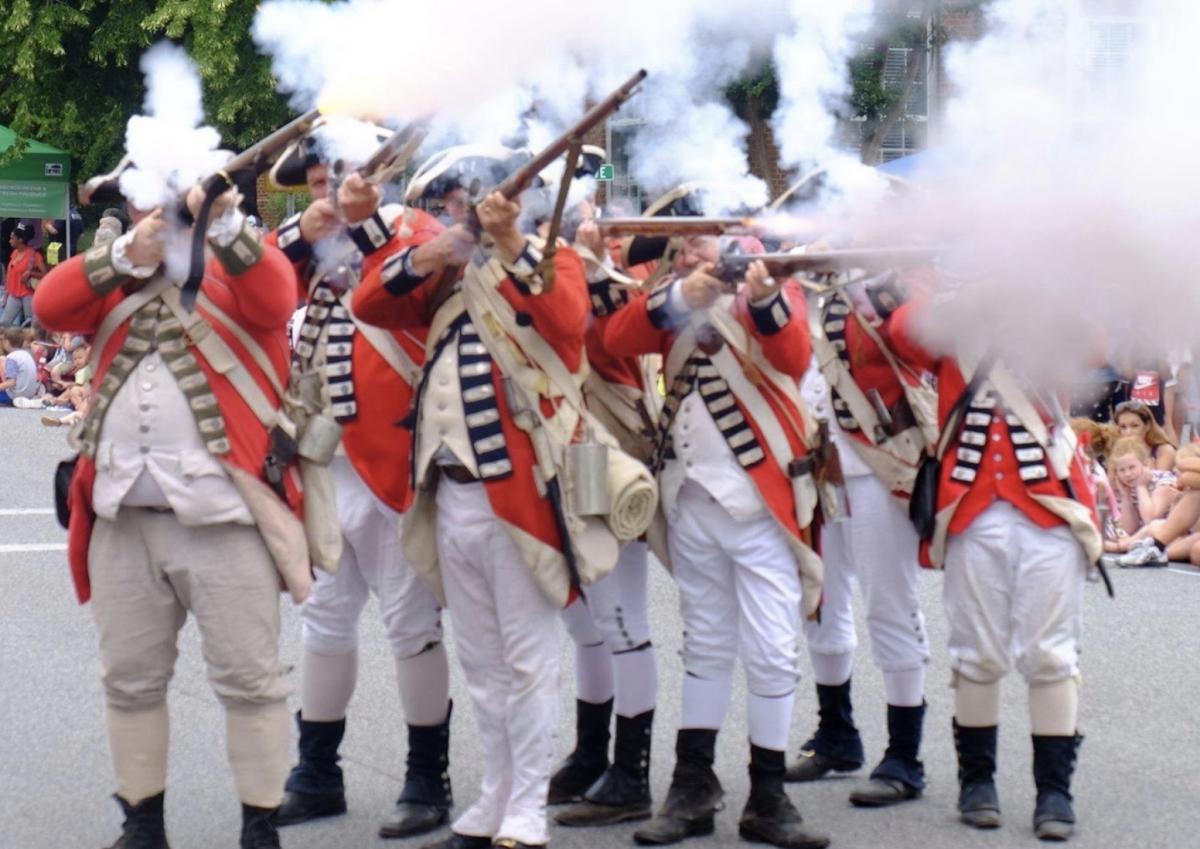Using military force to quell civic dissent sometimes produces unintended consequences. It may be momentarily effective, but in the long run, authoritarianism tends to exacerbate unrest, not eradicate it. King George III, in his moments of lucidity, probably pondered this conundrum, but alas, he was too late. Perhaps, had he chosen another means of dealing with his American colonies, we’d all still be speaking with British accents and singing “God Save the Queen.”
Whether in Lafayette Square, Buffalo, or Minneapolis, peaceful protests have been set upon by excessive shows of force, sometimes by local police, other times by unidentified paramilitary units of dubious origin. The images of these confrontations are startling; our first reaction is to think ‘that can’t be happening here!’ But it is. The good news is—if there’s any to be found— that these blatant displays of power have only swelled the dissent, most of it peaceful. It’s too bad that bunkers don’t have windows because if they did, those within might see that their strategies of “dominating the streets” are having exactly the opposite effect of what they intended.
It was Robert K. Merton, a professor of sociology at Columbia University, who popularized the concept of the law of unintended consequences. He actually posited three types of unintended consequences: unexpected benefits, unexpected drawbacks, and perverse results. It’s the last of these—the perverse results hypothesis—that creates outcomes that actually make the problem one is trying to solve, worse. Sound familiar?
There is another dimension to the problem of using brute force to quell dissent: it allows those on the extreme fringes of an issue—on the left or the right—to set the terms of the debate. Problems are rarely, if ever, solved when the discourse surrounding them becomes so fractious, so contentious, that the center, the place where consensus abides, is drowned out by the clamor of the extremists living out on the fringes of the debate. Resolution must come from the center and radiate outward; an outward-in model can only serve to polarize those good folk in the middle who are trying to find an acre or two of common ground.
In my lifetime, only the protests against the Viet Nam war and the riots of 1968 that followed on the heels of the assassinations of Robert F. Kennedy and Dr. Martin Luther King, Jr. come close to what we’re experiencing now. The apogee of tension came at the Democratic Convention in Chicago: President Lyndon Johnson had announced he would not seek reelection which set the stage for a referendum on the war in Asia and on America’s ongoing struggle with social and racial injustice. The lines that were drawn by those confrontations—like the lines we’re witnessing now—are etched in my memory. I thought maybe they would fade with time, but I was wrong. They are as abhorrent now as they were then and so the struggle must go on.
Unintended consequences are nothing new. Thinkers like John Locke and Adam Smith wrestled with the problem long before Professor Merton popularized the term. The crux of the issue lies in the idea that politicians and generals can fully control the world around them. Try as they might, other elements always seem to intercede. It seems to me that the lesson we need to truly learn is the lesson of humility, that only by listening and seeking to understand what lies at the core of a problem can a solution be found. Empathy never required tear gas or rubber bullets.
I’ll be right back.
Jamie Kirkpatrick is a writer and photographer with a home in Chestertown. His work has appeared in the Washington Post, the Baltimore Sun, the Philadelphia Inquirer, the Pittsburgh Post-Gazette, the Washington College Alumni Magazine, and American Cowboy Magazine. Two collections of his essays (“Musing Right Along” and “I’ll Be Right Back”) are available on Amazon. Jamie’s website is www.musingjamie.com





Anthony C. Parkinson says
Peaceful protests? You need to get out of your bunker because what most Americans saw were violent people burning police stations, buildings and businesses to the ground. Business owners (of all colors and races) showed up in some cases to defend their property, its contents and their dreams. I saw the 1968 riots in person in D.C. and know for a fact it took 30 years for some of those areas to be rebuilt. Seattle’s Capitol Hill has been taken over by radical leftists and declared an autonomous zone. Send in the National Guard to quell this armed insurrection.